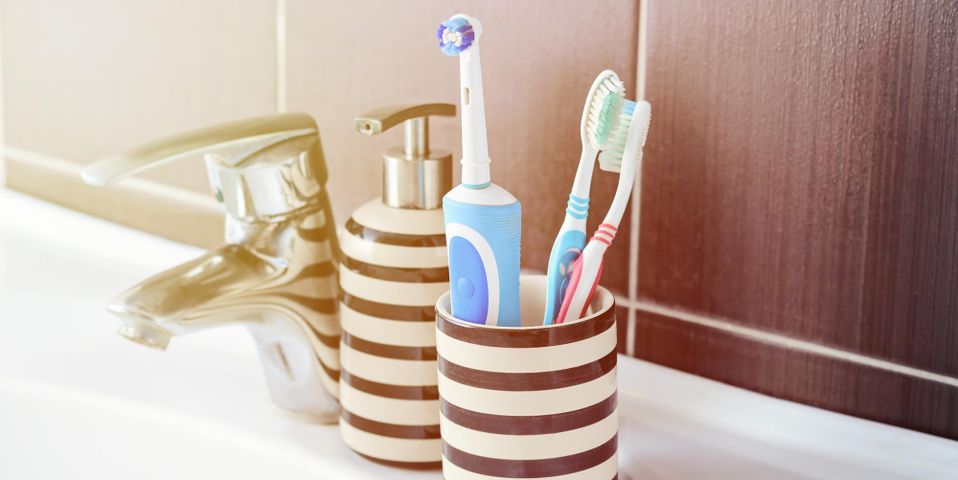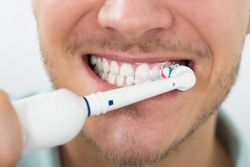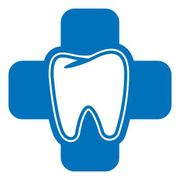How Do Electric Toothbrushes Compare to Manual Models?

If you want to keep your dentist happy, brushing your teeth twice a day for two minutes at a time is critical. But which brush will deliver the better clean? According to the American Dental Association, cleaning with either a manual or electric toothbrush can be an effective way to prevent cavity-causing plaque—but only when done correctly. For many people, electric models can offer unique advantages over manual devices. To help you decide which is best for you, here are a few important details to know about these oral hygiene essentials.
Manual Versus Electric Toothbrushes
How Do Manual and Electric Models Differ?
Manual toothbrushes follow a simple design that consists of a handle and a tip of bristles. Some may offer additional features, such as a soft-grip handle or tongue cleaner. They can clean your teeth and gums but depend entirely on your guidance to work effectively.
 Electric products, on the other hand, are powered by batteries and come with replaceable bristle heads. When turned on, the bristle heads may rotate, pulsate, or oscillate to give your teeth and gums a deep clean. While you’ll still need to move the brush along your mouth, you won’t have to do any scrubbing.
Electric products, on the other hand, are powered by batteries and come with replaceable bristle heads. When turned on, the bristle heads may rotate, pulsate, or oscillate to give your teeth and gums a deep clean. While you’ll still need to move the brush along your mouth, you won’t have to do any scrubbing.
Which Type Cleans Better?
While it is possible to maintain a perfectly healthy mouth with a standard toothbrush, evidence suggests that electric models may be slightly more effective. For example, a 2015 study found that when compared to manual devices, electric brushes were 21 percent more effective at removing plaque and 11 more effective at preventing gingivitis.
Will Electric Devices Hurt My Teeth?
People with dental sensitivity may fear that a high-powered electric toothbrush is more uncomfortable than using a soft-bristled manual device. However, dentists can recommend electric models that offer features to reduce discomfort. For example, some may provide pressure sensors that will alert you when you’re pressing too hard on teeth.
What Other Advantages Do Electric Brushes Offer?
Apart from preventing cavities and gum disease, electric brushes can be more comfortable to use than manual devices. People with arthritis, for instance, may find that brushing is easier when they don’t have to maintain a strong grip to clean their teeth. Others may benefit from models that offer timers that let you know when you’ve brushed your teeth for the appropriate amount of time.
Whatever brush you use, keeping your smile clean and healthy requires routine check-ups with a trusted dentist about once every six months. If you’re due for a cleaning, Ronald W. Ristow, DDS, is one local dentist that can help protect your smile. Located in Oconto Falls, WI, this dental care provider offers a wide range of advanced services that can prevent oral health issues, restore damaged teeth and gums, and improve your smile’s appearance. To learn more about these general and cosmetic dentistry treatments, visit Dr. Ristow’s clinic online. For appointments, call (920) 846-3163.
About the Business
Have a question? Ask the experts!
Send your question

